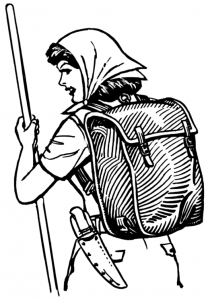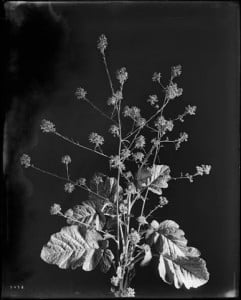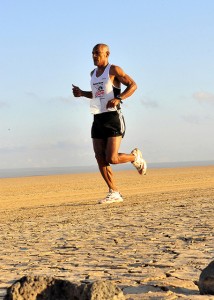On Wednesday Robert Seigel gave a sharp interview with Richard Land, director of the Ethics and Religious Liberty Commission of the Southern Baptist Convention. In the interview where he advocates getting rid of gun free zones because “Law-abiding citizens who are armed are the best last ditch defense against the kind of horror that we’ve just experienced,” Seigel has to press what should be Land’s central concern–the Christian response be to such a shooting.
SIEGEL: What’s the New Testament justification for owning firearms?
LAND: Do unto others as you would have them do unto you. Love your neighbor as yourself. If you see your neighbor being attacked, if you see your neighbor in danger, you have an obligation and a responsibility to do what you can to protect them.
SIEGEL: Do you have an obligation to turn the other cheek?
LAND: I think I do, personally. But the difference between personal and defending others, you know, it’s the justification that’s used for soldiers and others and police officers, and I think for private citizens as well.
If I find that someone is trying to do harm to someone else, I believe that I have a moral and Christian obligation to do what ever I can – with the least amount of violence necessary – but if necessary, lethal violence to stop them from harming others. That’s loving my neighbor as myself. That’s doing unto others as I would have them do unto me.
The view Land puts forward here is a fairly traditional American Christian understanding, but I am afraid that it moves far from the gospel. As my friend Matt reminded me, Jesus says that anyone can love their neighbors as Land suggested, what the Christian must do is love our enemies (Matthew 5: 43-48). Christians fight on crosses. Some people have a hard time accepting that, but we will never truly answer the suffering of innocents by perpetuating the forms that enable their suffering. There is a reason that Jesus was not one more zealot using violence against the Romans who perpetuated the worst kind of suffering. Whatever Land says, turning the other cheek was not a personal action for disciples to do when it only affected their own selves; it was a revolutionary tactic to answer the technologies and systems of violence. Jesus died and dies with the innocent. He wins in resurrection showing that the violence and death anyone can bring will not be the end. This is a hard path but we have examples of those who have followed it.
Several years ago an Amish community suffered a school shooting. A man came into a community school and killed ten Amish girls ages 6-13. The response of the Amish was astounding to the whole world. Immediately after the shooting members of the Amish community were at the house of the perpetrator, extending forgiveness and solace to his family. On the day of the shooting, the grandfather of one of the victims said to the family, “We must not think evil of this man.” In the months that followed they would even financially support the perpetrator’s family. Such a response could not have come as an immediate decision, but was rooted in the long and hard work of Christian formation. The world was astonished by the actions of the Amish, but it was clear as well that most thought there was something deeply good about it. The witness of the Amish was evident–they followed in the way of the on who is love.
Our task, on this week anniversary of the Newtown shootings is to read again and again the Sermon on the Mount that guides the Amish and pray that we would be formed in this way of love. We should pray that when we are faced with horrific violence we will not respond with the way of violent heroics or revenge, but will instead follow in the way of love and forgiveness, of self-giving suffering. This is not an easy way. It would be so simple to just shoot the bad guys and be the heroic protector of innocents, but Jesus calls us to a different, more troubling path.











